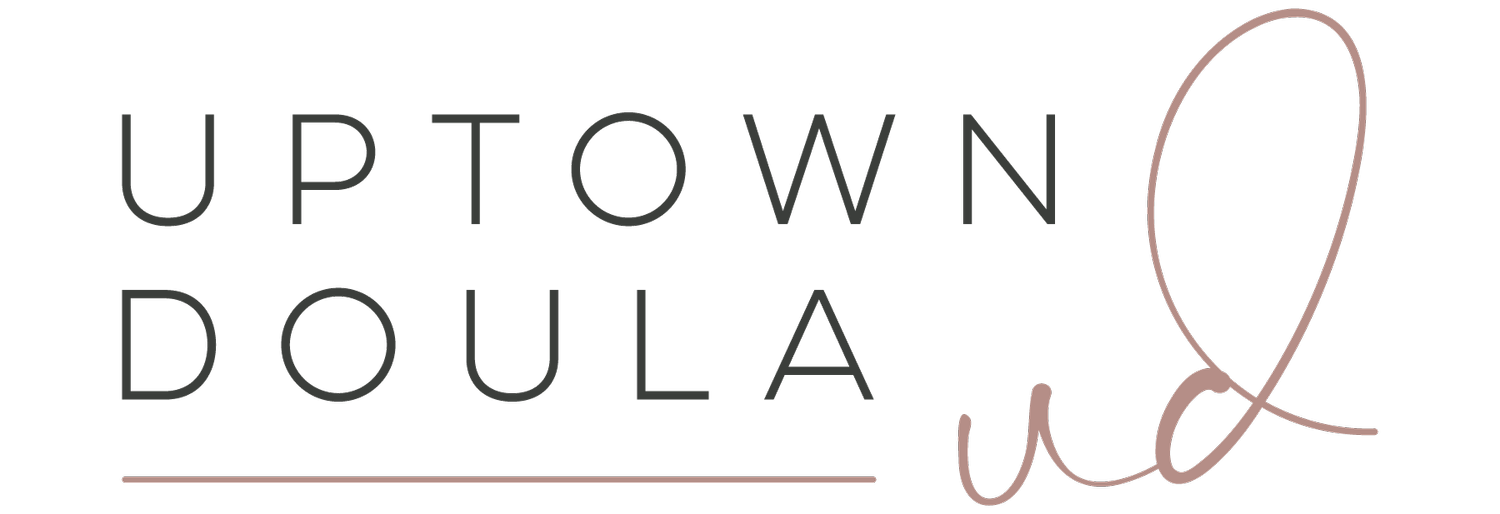Your baby has entered the world and your breastfeeding journey has begun!
It’s going along and all of the sudden OUCH!
Out of nowhere, pinching or bleeding...is it supposed to be like this?
There’s a misconception surrounding breastfeeding that because it’s the biological norm it’s somehow effortless. Breastfeeding parents are often thrown for a loop when they figure out that isn’t the case and that, yes, it can even be painful.
While slight discomfort may be normal, extended pain is definitely not. Nor is bleeding, cracking, or extreme soreness.
Common Issues
Improper Latch
Dealing with the issues starts at the source. If you notice your nipples are excessively sore, cracked, or bleeding, it’s important to address the source of the discomfort. Often this ends up being a shallow or improper latch, causing baby to pull in areas they aren’t meant to. To avoid this, ensure baby is latched fully when nursing and that the areola is deep inside baby’s mouth. If these things aren’t the case, unlatch and try starting again.
If you aren’t sure, chat with your doula or a Lactation professional! Usually these things are quick and easy fixes but sometimes further evaluation into why the baby isn’t latching properly is necessary. It’s possible the root problem is a lip or tongue tie that will need to be diagnosed and possibly revised by a doctor.
Thrush
If you have persistent cracking and bleeding that doesn’t seem remedied, it’s possible you may have Thrush.
Yes, anyone can get it, not just babies!
Thrush is a yeast overgrowth that typically occurs in warm, moist places (like cracked nipples and baby mouths). Usually yeast are kept at bay but babies and newly postpartum mothers have compromised immune systems, leaving them susceptible to issues like Thrush. If this sounds like you, let your doctor know. You’ll need a prescription cream to kick that mess.
Engorgement
If your breasts feel rock-hard and sore, you may be engorged. Engorgement occurs when your breasts are unable to fully empty before they produce more milk. While it can be sort of normal in the early days once your milk fully transitions from Colostrum, it’s important to make sure you’re avoiding it. Persistent Engorgement could be a signal that you have Overproduction issues or Latch issues (a lot of it goes back to baby’s latch!).
If you’re engorged for an extended amount of time it’s possible to develop Mastitis. Mastitis is a nasty infection that you definitely don’t want to get with flu-like symptoms and rapidly spiking fevers. If you suspect you have it, contact your doctor ASAP. You’ll need Antibiotics to kick it.
Fixing the Problems
Now, you’re probably thinking, “Okay, that’s great that I know why but what can I do right now?”
Dry Healing
While in the past we were told to douse ourselves in Lanolin and Coconut Oil, new research suggests that dry healing is best. Keep nipples clean and dry aside from when you’re nursing.
Warm Showers, Baths, or Compresses
If you find yourself with soreness or engorgement, try a warm shower, bath, or compress to provide some relief. Engorgement or blocked ducts can also be helped by combining one of these options with massaging any sore spots toward the nipple.
Fix Baby’s Latch
Chat with a Lactation professional and have them evaluate how your baby is doing with latching. If the issue is latch, they’ll be able to adjust it and get you on the road to healing. An incredible local resource is Carolyn Honea of Lake Norman Breastfeeding Solutions! Visit her site here.
Contrary to what many older generations tell us, Breastfeeding pain is not normal nor should you suffer through it! Cracked and bleeding nipples, extreme soreness, and prolonged discomfort are not normal parts of breastfeeding and there is help to fix it!



